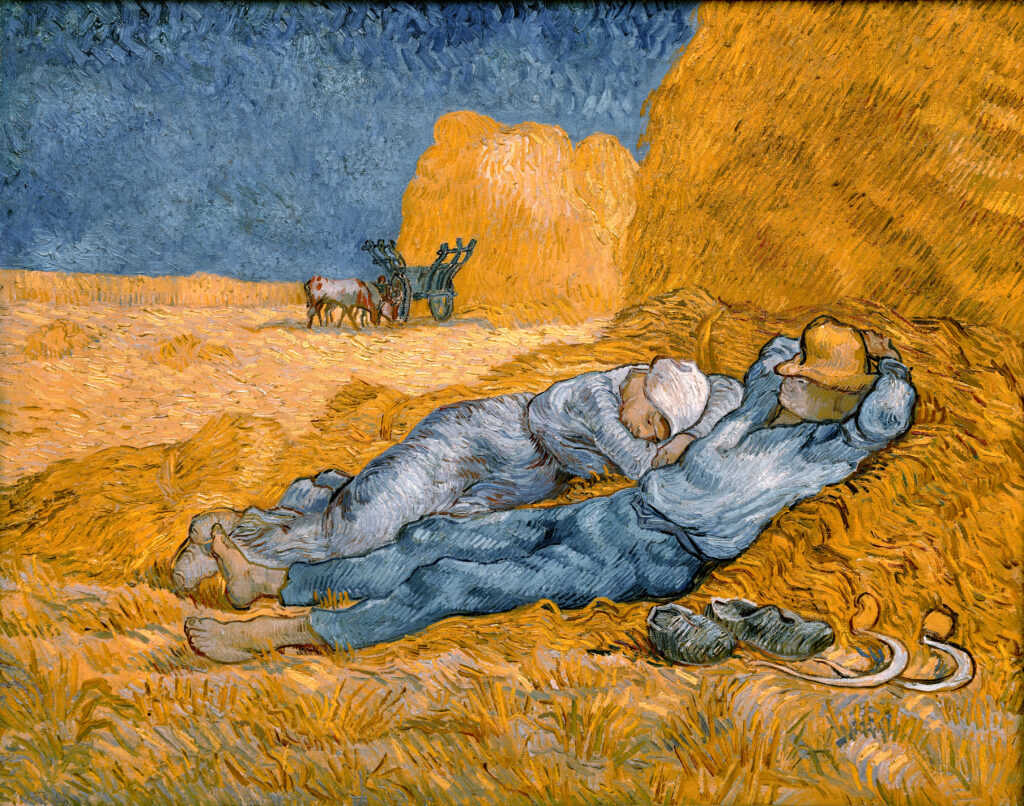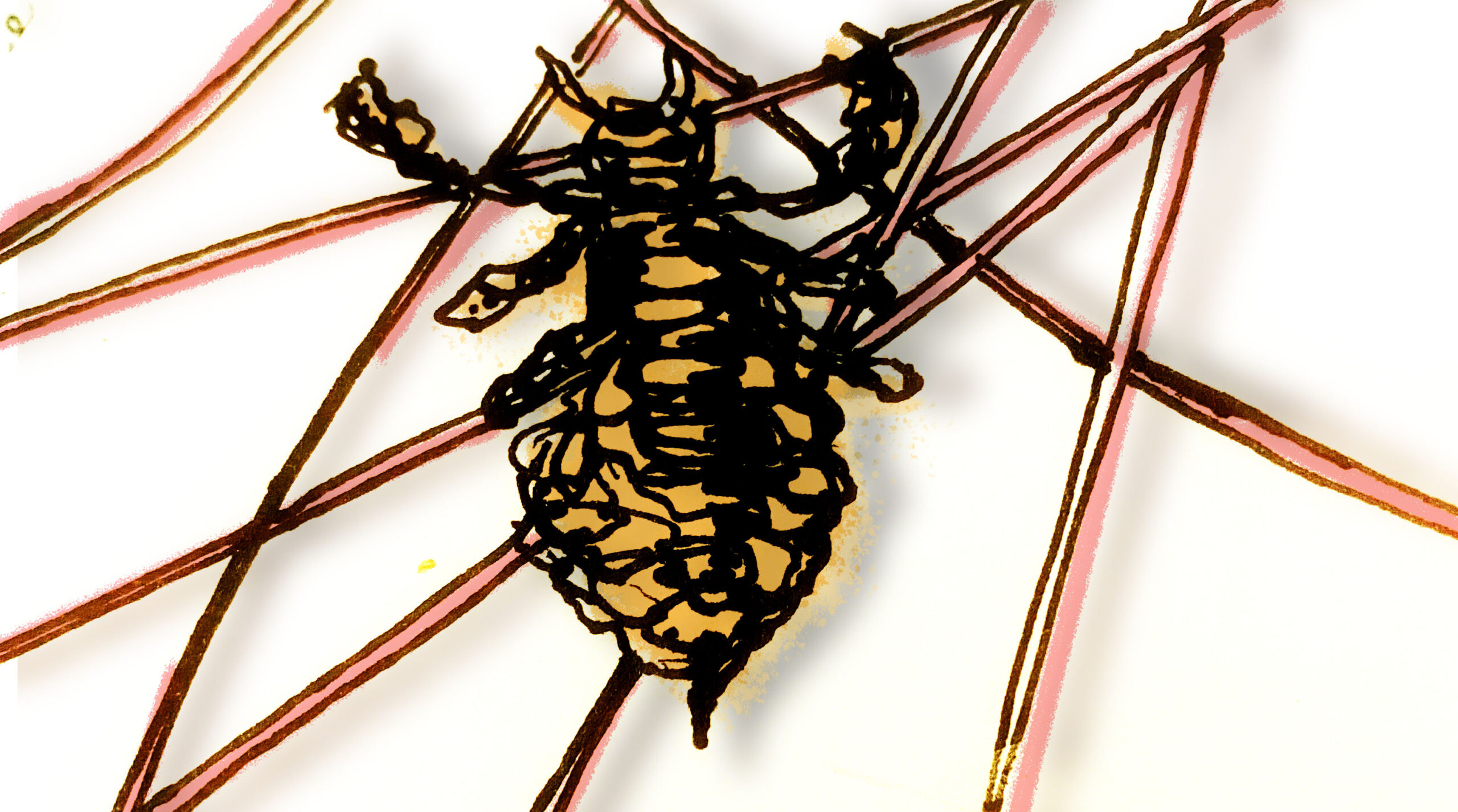Anastasis Tzanis asks if you ae satisfied with the quality of your sleep
At this time of the year you are more likely than any other to suffer with poor sleep. The shorter daytime, the rise in virus infections, and the first symptoms of winter blues can all contribute to disrupted sleep, difficulty falling asleep or a return to bed once you wake up – something new parents are very familiar with.

Bad sleep, as I am sure you know, can have a knock-on effect to your mood, appetite, energy levels, sex drive, immune system, and of course productivity.
Having helped many people get rid of their cPAP machine (which offers bad sleepers continuous positive airway pressure through a mask), I can safely tell you that any sleep disruption equates with poor breathing. Whether you currently use a cPAP machine, you snore like a steam locomotive, you grind your teeth or have no obvious symptoms, your sleep will improve immensely if you improve your breathing capacity.
Improving your breathing is a complex business, but you will find multiple resources at https://atzanis.com/blog/ including information on the five benefits of breathwork which, as well as helping you sleep better, will improve your metabolism, offer greater control of your autonomic nervous system, and improve performance in sport. There is also information on anti-aging breathing exercises, breathwork and anxiety, CO2 breathing therapy and more.
Top Interventions for Improving Sleep
If you don’t sleep well these are the three things you should start doing (especially during the winter months).
The first thing you can do is exercise! Given how many activities nowadays fall under the category of exercise I will take it a step further and explain what I mean by exercise: perform some physical activity that makes you fatigued. Cardio is probably one of the best forms but if your heart rate doesn’t go over 130 bmp you need to step it up. Daily vigorous exercise of 30 to 60 minutes will improve your sleep substantially.
The second thing you can do is set up a routine around your sleep. That includes both the hours before you go to bed and when you wake up. Sleep doesn’t happen because you want it to. Instead it is the result of your body’s hormonal orchestra. I could list three or four hormones that directly affect your sleep but realistically they are sequentially affected by many more.
A 20 mins pattern prior to bed and a similar one early morning will help you regulate your hormones and have a massive effect within a few days to weeks. Choose to do something relaxing before bedtime and something energising as soon as you wake up.
The third thing you can do is to tape your mouth at night. This way you can ensure nasal breathing and, as shown in a Brazilian study you increase your levels of growth hormone by 20%. A 3M microporous tape is a simple and inexpensive way to do that. Mouth taping is also likely to reduce the volume of your snoring, something your partner will highly appreciate.
The three things outlined above are not an exhaustive list of what you can do to improve your sleep, but if they are not in place, no matter how much chamomile tea you drink and lemon balm essential oil in your bath, chances are you will see little difference. So start with these and I am confident you will be surprised with the results.

PS: When consulting clients on their breathing, more often than not they seek complicated breathing exercises or supplements with exotic ingredients. They will often argue that despite not doing any of the above, they don’t need that but something special.
I can save them time and money. Yes, everyone is unique and you may need a supplemental support different from your spouse, but the benefit of the above interventions are universal. For a more personalised sleeping protocol you can reach Anastasis at info@atzanis.com, with more information at https://atzanis.com/


